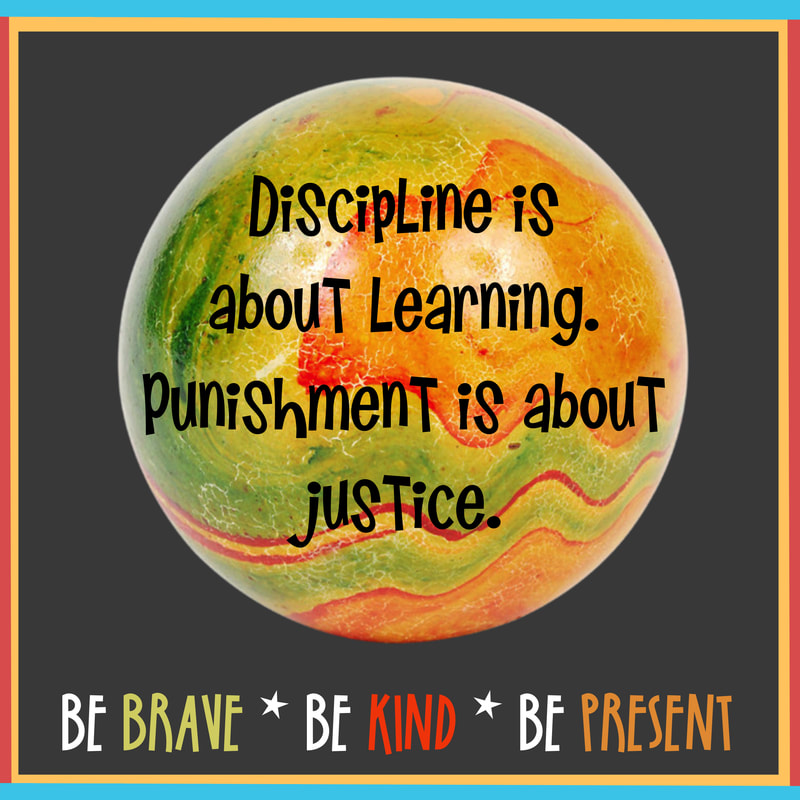 So I’m standing in the play yard right now listening to a caregiver tell a little person that because she was “disrespectful and rude”, and that she will sit out and miss after school, outside playtime with her friends. Now, I don’t know the whole backstory. I also have no intention of judging this caregiver’s response, but I do have some observations about what took place after, as well as some alternatives. Observations: This little person is now ready for a fight. She keeps running away the moment the caregiver turns her back. This has become a battle and a painful game of cat & mouse where her initial “disrespectful” behaviour has been forgotten and everyone is reacting to the subsequent behaviours as egos get involved. Possible alternatives: I wonder what would have happened if some collaborative problem solving was implemented here. What’s that you ask? Well, it’s the belief that kids do well when they have the skills to do so. It’s the belief that behaviours are just ways that kids communicate that they are having trouble meeting someone’s (or their own) expectations. It’s the belief that when we invite kids into the problem solving experience, magic happens. So, I would have asked the kid to give me the backstory and come up with some solutions for the lagging skills/inability to meet expectations. It may have looked a little like this: “I noticed you were really upset when you were talking to me earlier. What’s up?” My goal would be to separate the behaviour from the experience and find out what’s underneath the “disrespect”. At this time, I would be silent and just listen to the little person’s experience and explanation as to why she used those words! When she had said everything that needed to be said, and I had successfully validated those explanations (repeated back to make sure that I completely understood), then I would have explained my side and / or expectation. “I need to feel safe and respected here and when you’re feeling angry, I get it, but your words hurt me. I would like for you to use different words to explain how you’re feeling” After this, we would have taken a few moments to brainstorm some solutions with the little person. “I understand that you’re really upset, but is there another way that you could tell me that you’re angry/hurt/hungry/sad/tired/uncomfortable?” “So the next time you’re feeling really … what are some words or actions that we can use to ask for help?" Once we have some solutions and an agreement as to what we can do, we test it out! If it fails, we come back to the “Hey, I noticed we used some angry words again when you were feeling frustrated back there. What’s up?” And then we start from the beginning. Remember that helping little people grow their brain takes lots and lots of practice. Patience and discipline are our most amazing and powerful tools. Time outs & punishments may have their place, but as I’ve said before, the latter is more connected to justice (making us feel better or have more power / control) and focuses only on behaviours. Consequently, it doesn’t help the child in building their skills to do better and can create larger barriers between the child and the caregiver. So, there you go. Just some observations and thoughts from the play yard. Send word if you have additional thoughts or comments?
0 Comments
Why mindfulness? Here is what we know: Mindfulness:
Mindfulness is not:
Mindfulness is also linked to better relationships with your kids. Studies have found that mindfulness practice can lessen stress, depression, and anxiety in parents of preschoolers and children with disabilities. Mindful parenting is also linked to more positive behavior in kids. (Source: State of Mindfulness Science) What does the MBSR course do? We learn meditation. We learn about our stresses. We learn about our triggers. We learn about different forms of meditation. Then we talk about parenting stresses. Then we throw these things together and we practice. Practice some more. Then practice a little bit more after that. By the end of 8 weeks, you'll have practiced 40 minutes a day, 2.5 hours a week and completed a 6 hour silent retreat. Science tells us that by practicing 30-45 minutes a day for 8 weeks changes our brain. It does all those things that were listed above. Want to learn more? Call me or check out my blog. Need more information, I'd love to chat. Mindfulness for Stressed Out Folks: 8 week MBSR course - Spring Sale! My workshop at Hopewell Ave Public School was a hit and the feedback I'm receiving is that folks want more! As such, I’m really excited to be offering another 8 week Mindfulness Based Stress Reduction (MBSR) course beginning Sunday, May 6 at Surround Circle Yoga. Over the course of 8 weeks, we explore:
Details:
So last night, over dinner with friends, we started talking about the rise of anxiety as a culture, as well as the role that technology plays in increasing anxiety in our youth. I threw down some opinions as facts, but the truth is - I needed some research and stats to bring the conversation home. If there is one thing I have learned, it’s one thing to read an article on Huffington Post about technology and spout it off as fact, and another to have credible, evidenced based and empirically accepted facts! The following links fit into both the popular media and peer reviewed journal articles boxes. If you have other resources, please leave them in the comment box - I would love to read more about these very important topics. ps: A lot of the information I have read on this topic of anxiety, ADHD, pornography and technology comes from books I have read over the past 8 years. I will list these books shortly. Stay tuned!
Let’s talk about why I LOVE mindful parenting.
Over the past couple of months, I’ve been really committed to having a formal practice of 20-30 minutes of meditation and 20 minutes of informal practice (i.e., eating mindfully, walking, etc). While my emotions still get the “better” of me time to time, today felt a little like I have hit the “finish line” (which in this practice is never “really” finished) or successfully met a significant achievement of some kind. Let me explain. I have had approximately 3 hours of sleep (husband had to wake up for a flight at 3:26am and I worked until 1am, but fell asleep at 4:30! ... till 6am). I had some crappy news that made my heart hurt a little. I had the privilege of herding twenty 5-7 year old children through the forest during a mini blizzard an hour after bedtime. My kids, while awesome for much of the day, topped the day off with some EPIC blow outs. And through it all... I’ve stayed calm. It’s as though someone is playing my life in regular speed, but I’m moving in slow motion. There is a distance to all this “stress” and even though I cried when I heard the bad news, it was from a space of empathy and compassion, not fear or anger. Other than that, I felt calm. I felt in control. I felt like everything was going to be okay. While my kids were literally throwing blows to one another upstairs, I found myself taking a breath. In the past, I would have stomped upstairs, raised my voice, told both boys to “fix it” and then throw down some threats of (sometimes, not so natural) consequences to get them back on task. This time? Well, I calmly walked up the stairs, breathing as I went, I checked in with the sensations of my body and smiled. As I got to the top of the stairs, I described the situation (“wow, there seems to be lots of big emotions happening up here!” What’s up?). In asking what was needed, I discovered that two hugs later and a little discussion of alternatives to whacking each other on the head was enough to keep us on task for getting ready for bed. No punishments. No threats. No raised voices. Just a sense of compassion and understanding that given the late hour, we are all tired. I invited us all to practice a little self care (stories and an ice pack were needed). Voila! Kids fell asleep contented. I felt a little self-righteous in my ability to maintain control. Notwithstanding ... THIS is why I love mindful parenting. THIS is why I teach this practice. This is why I get up at 6:30 every morning to meditate with my husband, even when I’m SO tired it sometimes hurts. This commitment to practice has truly changed the way I relate to stress. If today has taught me anything, meditation has given me the skills to stay calm under the pressure of exhaustion, stress and chaos. Mindful Parenting allows me to be the mama that I want to be. How about you? Have you drank the “kool-aid" yet and started to meditate? If not, and if you’d like to learn more, message me. I’d really love to chat. ’Tis the season for new beginnings, best of intentions and the start of a better “you”. If you’re like me, I LOVE new starts. I relish in writing my name in a journal for the first time. I get all giddy when I crack open a book for the very first time. On December 31st, I like to have clean sheets on my bed, a shower before going to sleep and a list of amazing and hopefully attainable goals in mind. This year, was no different. While the shower didn’t happen (we fell asleep at 10:45pm). We had clean sheets and I had cracked open my new journal. I mentioned in my last post a few of my intentions, such as giving up coffee and writing in my gratitude journal (1’000 moments of gratitude!), but I’ve added a few more:
I’d love to know if you’ve set any new intentions for 2018! xo Rebekka It’s almost 2018, which means that it’s a time for new beginnings! Although I’m not a huge fan of “New Year’s Resolutions”, I do believe in forming intentions. As such, I intend to continue writing in my gratitude journal, giving up coffee (it’s wreaking havoc on my sleep and I think that I may actually prefer tea) and dedicating more time to self-care and daily mindfulness practice.
What’s on your list? http://bebravebekind.ca/store/p1/MBSRprogram4parents So after reading all about Mindfulness, the MBSR program and Mindful Parenting (as well as being bombarded by all my colourful marketing), you have decided to sign up for the 8 week Mindfulness class, now what? Well, now I need you to register, fill out an intake form, return this to me with your $100 deposit (or full registration). This can be done via etransfer or by credit card. If you have extended insurance, you can check out this page for details on how to go about reimbursement. If you find the cost a little too steep, let me know. I’m happy to discuss payment options and a possible sliding scale. I simply ask you to step back and reflect upon how much this process is worth for you. This post outlines what you’re paying for, but I really do understand that in today’s busy parenting and caregiving world, costs are high. We’ll do our best to find an arrangement that works for both of us! Another option is to invite a friend! We have a special promotion on right now for friends and couples $800 for two people! The more the merrier! Just a reminder that this course is intensive. It requires an investment of your time (30 minutes of daily meditative homework and reflection) and a commitment to attend every class (including the full day (6 hour) silent retreat). If you have any concerns about your ability to commit to the above, let me know. We can talk about this and see what options are available to you at this time. If you have any further questions, please do not hesitate to contact me. I’d love to chat! Wishing you all a spectacular day, Rebekka FORMS: To edit the Intake form, save it as a pdf. You can then fill in the spaces, save it again and send it back my way.
To find out everything you need to know before you register for our 8 week Mindfulness course (e.g., outline, fees, location, etc), check out: bkp_mbsr_information_sheet_final_.pdf
If you have further questions, please don't hesitate to contact me. I'd love to chat! Looking forward to working with you, Rebekka |
Welcome to my blog!This is a space to visit, learn, share and explore what it is to be Mindful and a Mindful Parent. Thank you so much for coming to learn with us! Categories
All
Archives
June 2021
|
||||||||||||||||||||||||
Photo from torbakhopper
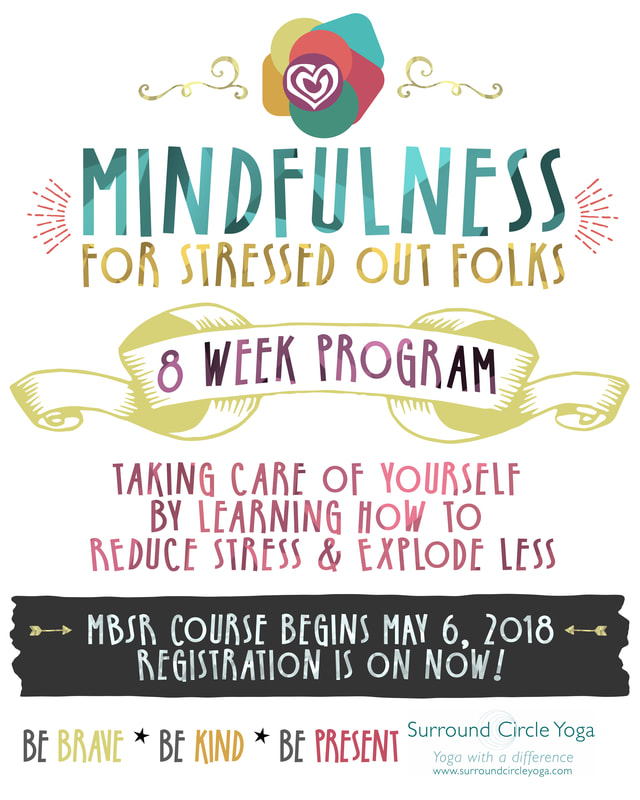






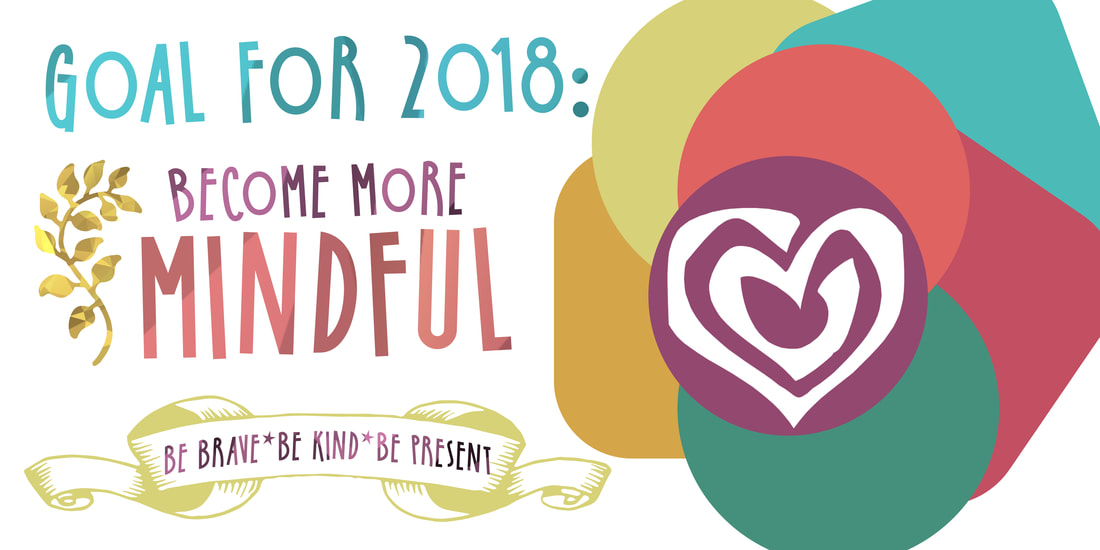

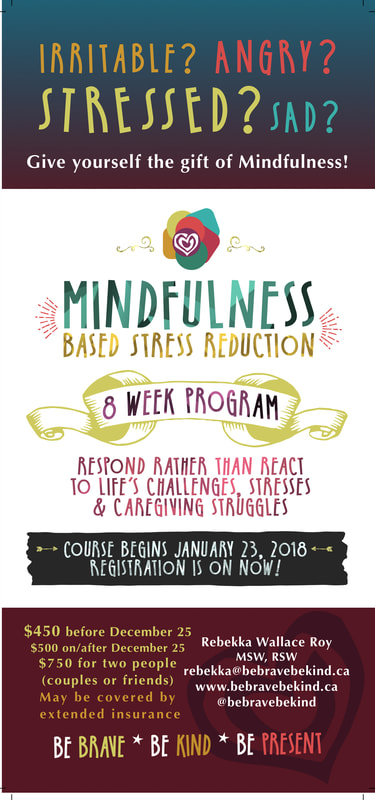
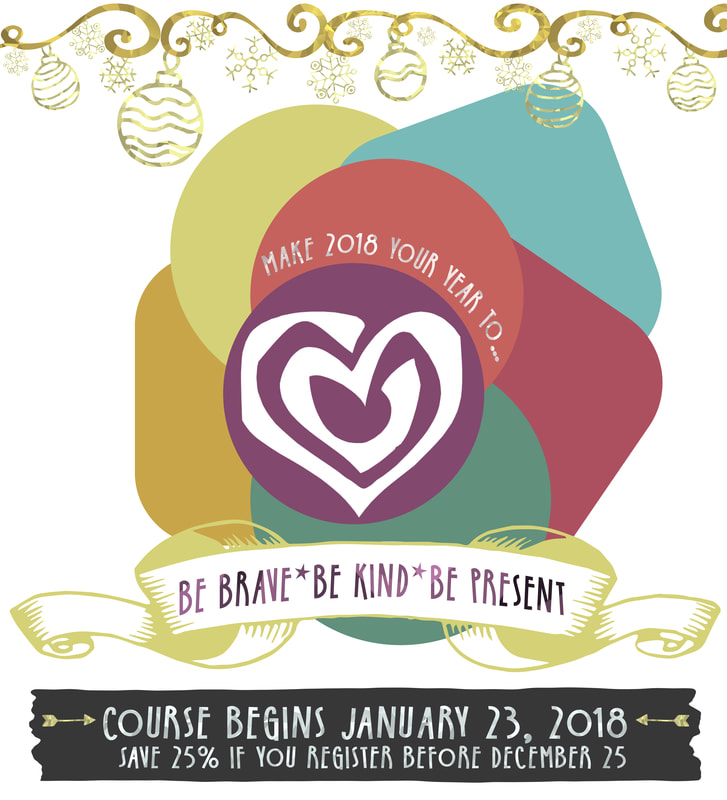
 RSS Feed
RSS Feed